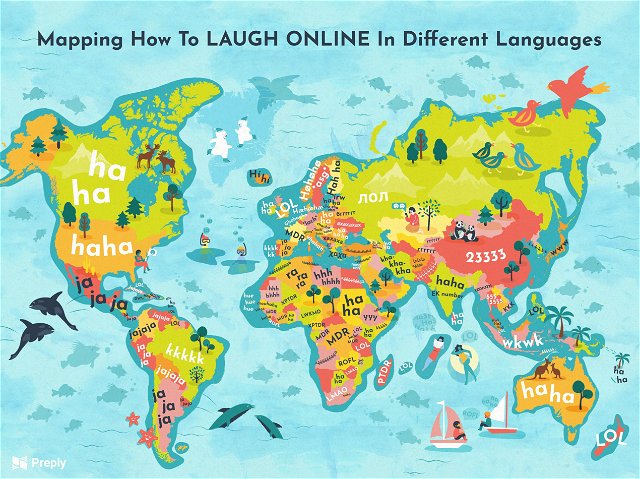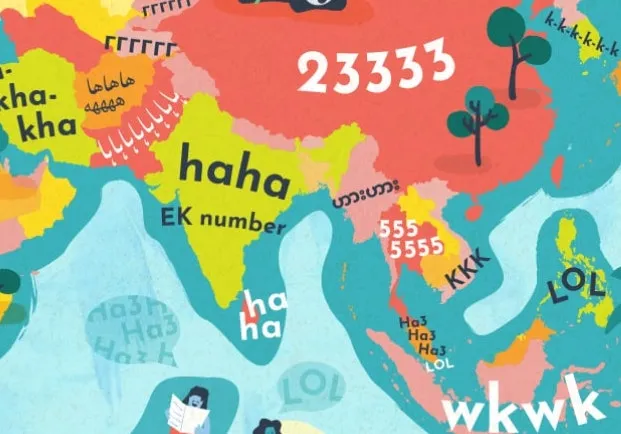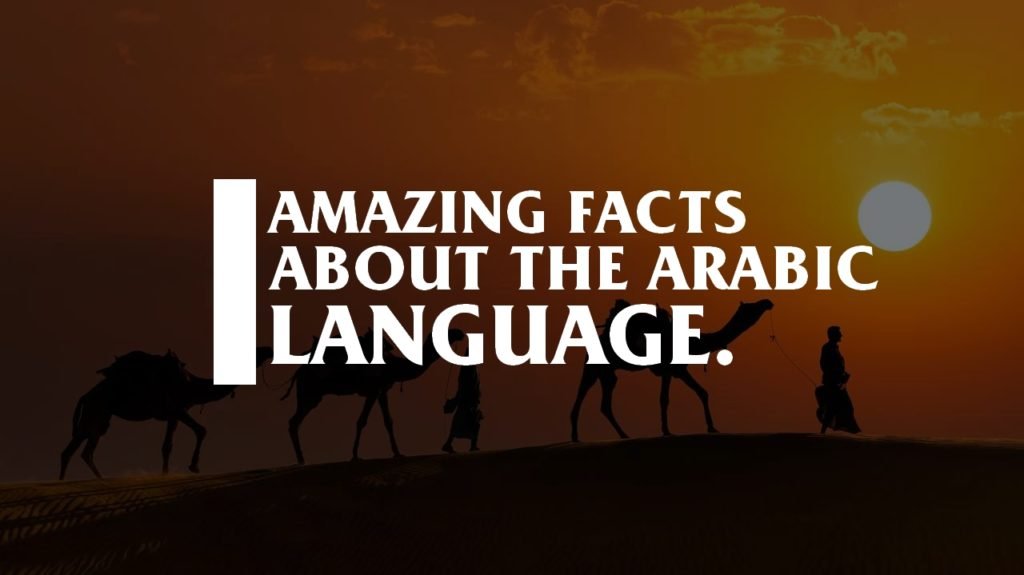People laugh differently online primarily because the digital environment lacks the physical and vocal cues present in face-to-face interactions. In the absence of these cues, people use text-based or visual expressions such as “lol,” “haha,” or emojis to convey humor. Social norms and community-specific conventions also play a role, as online spaces have their own rules for expressing laughter. Additionally, the medium and pacing of online communication affect how humor is delivered and received. Anonymity and the global nature of online interactions can lead people to express laughter more openly or adapt to different cultural expressions. In essence, online laughter is a unique form of expression that has evolved to suit the characteristics and norms of the digital world.
Africa
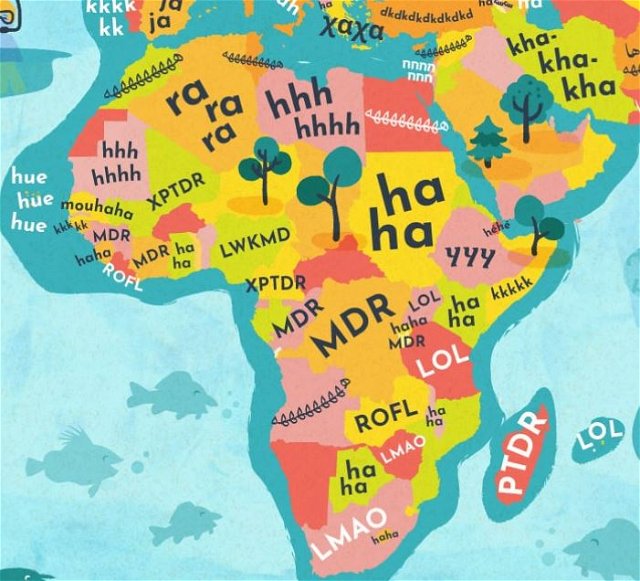
South America
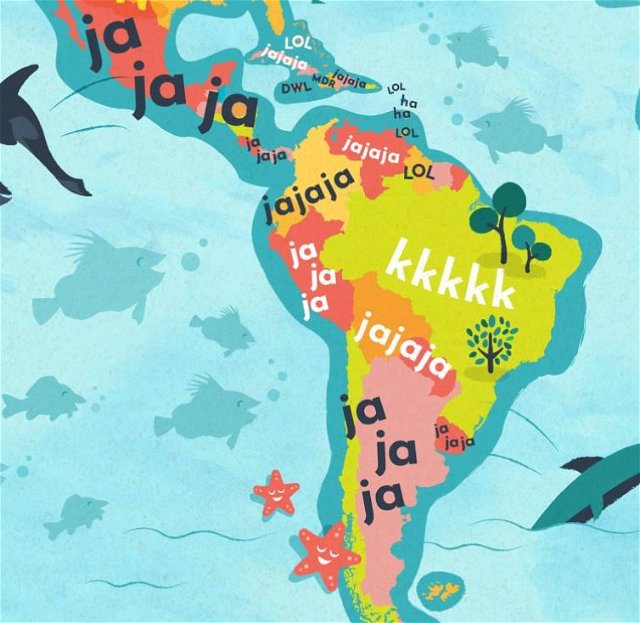
The findings can be grouped into two main categories: onomatopoeia and descriptive language. Onomatopoeia refers to words that mimic the sound they represent, like “cuckoo” or “murmur”. On the other hand, descriptive terms simply describe the sound or action. Some descriptions take the form of initialisms, such as “LOL”, which is also used in various languages.
Many languages use onomatopoeias, each adhering to their unique phonetic conventions, which may seem peculiar to those unfamiliar with the language. For instance, consider “jajaja” in Spanish, “høhøhø” in Norwegian, or “kkkkk” in Portuguese. (In Portuguese, the letter “k” is pronounced as “kah,” and a sequence of them resembles a hearty laughter.) Interestingly, Korean also uses “kkkkk” as the Korean letter “keu” (크) is used to convey laughter.
Europe
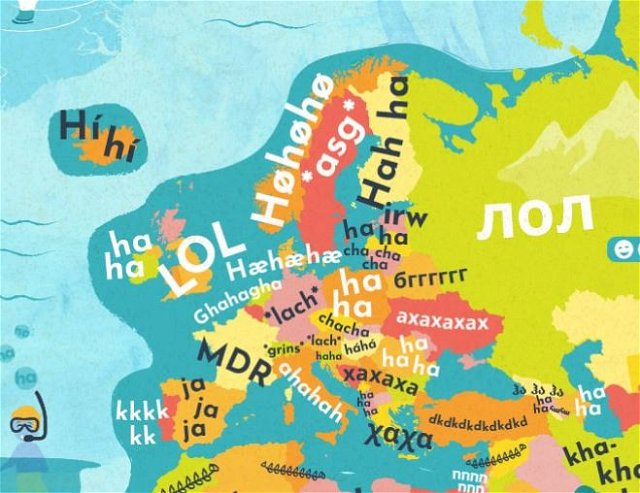
Asia and Oceania
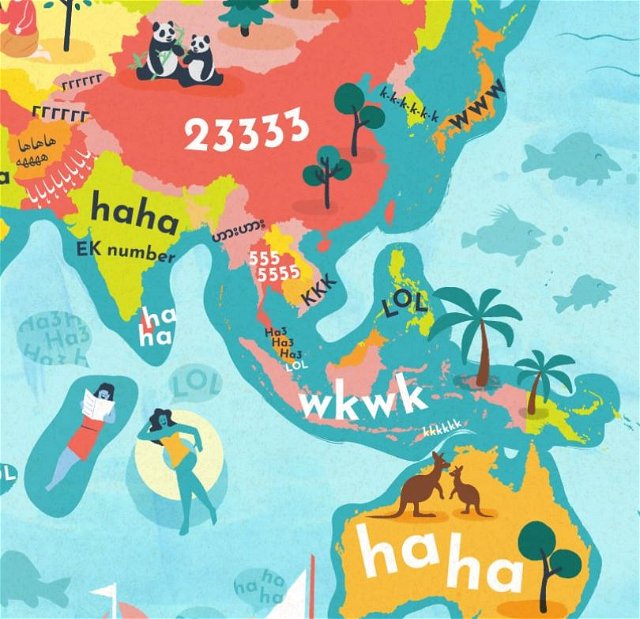
Greek and Ukrainian laughter might seem like a strange version of tic-tac-toe, but it’s just them typing “haha” or “ahah” using their own alphabet, not the Latin one. As for Belarusian, it’s a bit mysterious; their laughter looks more like “bgggg”, which is supposed to sound like a sarcastic laugh rather than a happy one.
In Mandarin (Chinese), people have different ways to show they’re laughing online. They can use words like haha (哈哈), hehe (呵呵), or hihi (嘻嘻). But sometimes, they use numbers like 23333. This refers to a specific emoji, #233, which shows someone laughing like crazy.
Thai also uses numbers to represent laughter, but they do it differently. They use a bunch of fives because the Thai word for “five” sounds like “ha.” So it’s like typing “hahaha” with numbers instead of letters.
North America
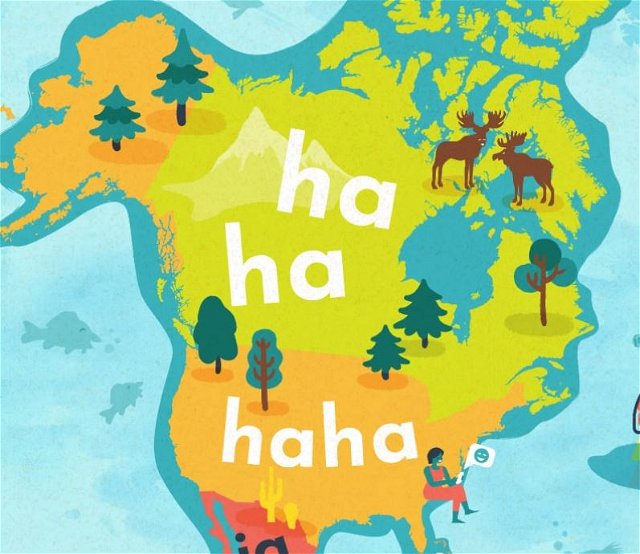
World
